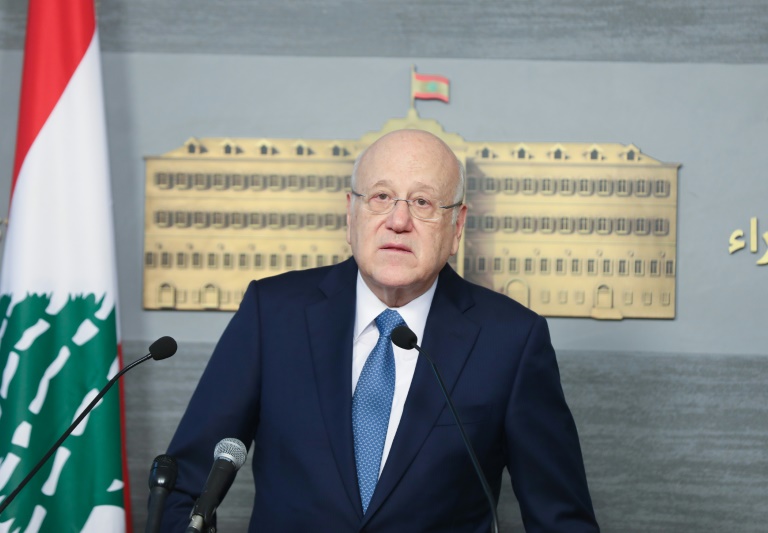After clocks confusion, Lebanon to shift to summer time

Lebanon’s caretaker Prime Minister Najib Mikati has sought to clear up the time zone confusion
Beirut – Lebanon’s caretaker government moved Monday to clear up widespread confusion over daylight saving that left the crisis-hit country with two time zones and growing concerns over sectarian divisions.
Daylight saving time will now start “at midnight on Wednesday to Thursday”, caretaker prime minister Najib Mikati said, noting the need for “a period of 48 hours to fix technical issues”.
Lebanon had been scheduled to roll clocks forward by one hour last weekend — but authorities then announced in a surprise move late last week that the switch would be delayed by about a month.
The 11th-hour move — meant to support Muslims during the fasting month of Ramadan — was promptly rejected by the Maronite Church as well as some broadcasters, schools, businesses and even several politicians.
Lebanon shares power among its 18 recognised religious communities, and its political woes are often blamed on the sectarian tensions that were the key driver behind its 1975-1990 civil war.
Mikati said Monday that the initial decision was indeed “intended to relieve those who are fasting during Ramadan”, issuing the government’s first formal justification of the move.
“I absolutely did not take this decision for sectarian reasons,” he added in remarks following a cabinet meeting called on the issue.
“A decision like this should not have triggered such sectarian responses.”
The last-minute delay last week sparked widespread confusion, forcing institutions, businesses and residents to revise their schedules or scramble to keep up with who was and wasn’t adhering to the change.
Flag carrier Middle East Airlines, while earlier implementing the government-ordered delay, had said it would move departure times by one hour to adhere to international flight schedules.
One large gym had said its branches in Muslim-majority areas of the capital would abide by winter time, while those in Christian areas would adhere to daylight savings time.
Crisis-hit Lebanon has been run by a caretaker government with limited powers since legislative elections in May last year. The president left office at the end of October and sectarian leaders have been squabbling over a replacement ever since.
“The problem is not summer time or winter time…. The problem is the presidential vacuum,” Mikati said, blaming “religious and political leaders” as well as parliamentarians for failing to come to an agreement.
Since late 2019, the country has endured a devastating economic crisis that has plunged more than 80 percent of the population into poverty, according to the United Nations.
The local currency has lost most of its value against the dollar, and has sunk to historic lows against the greenback this month.
